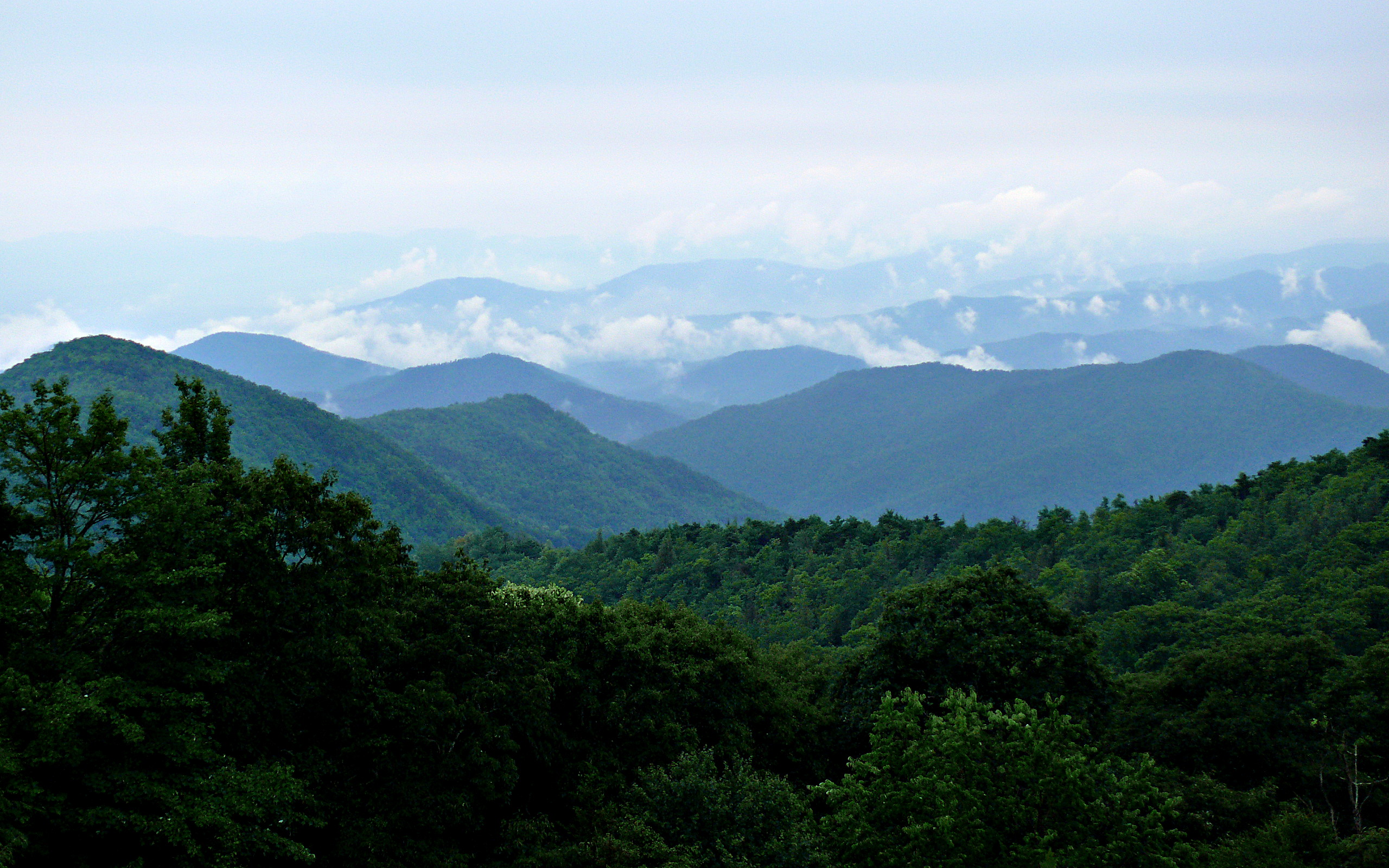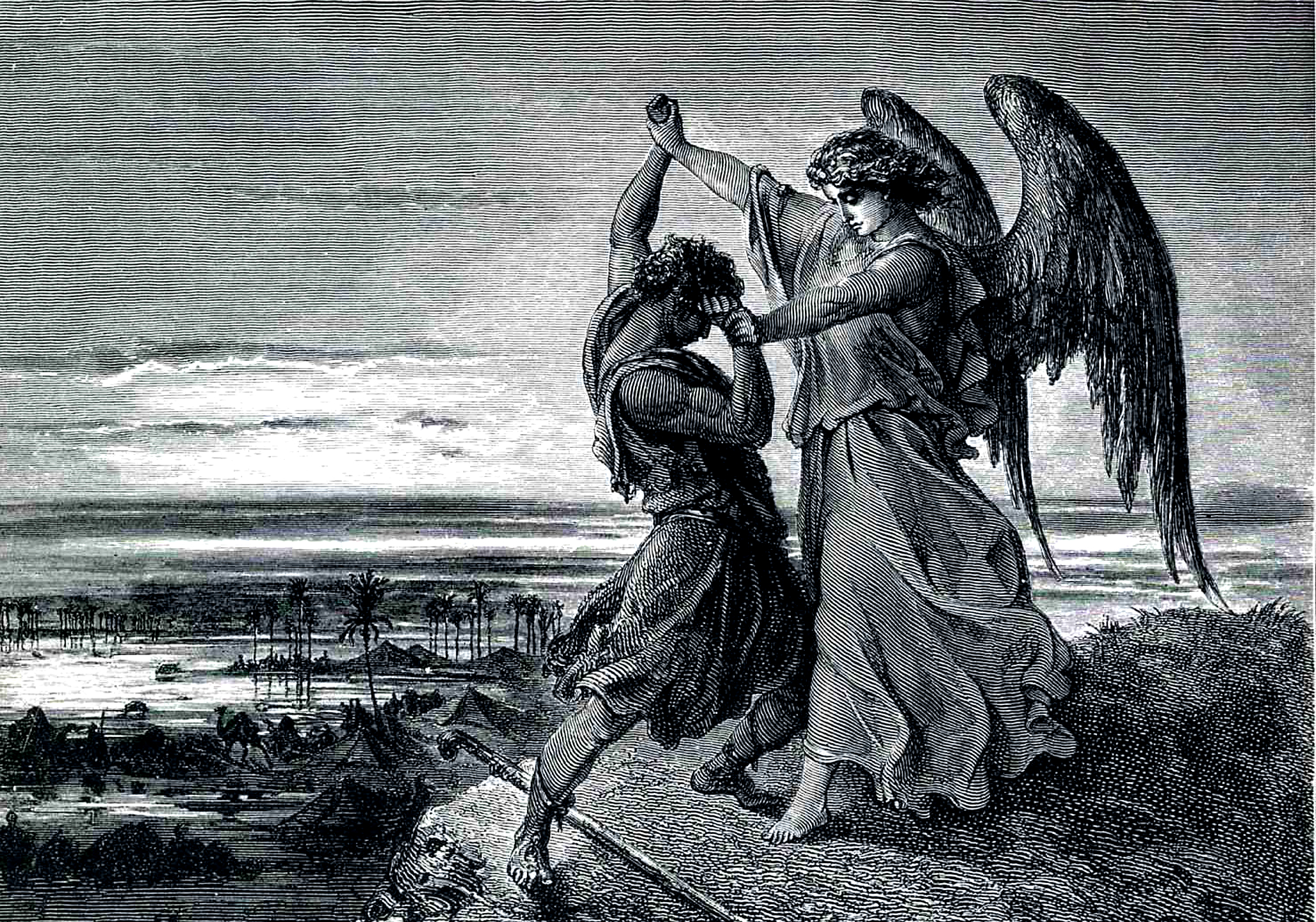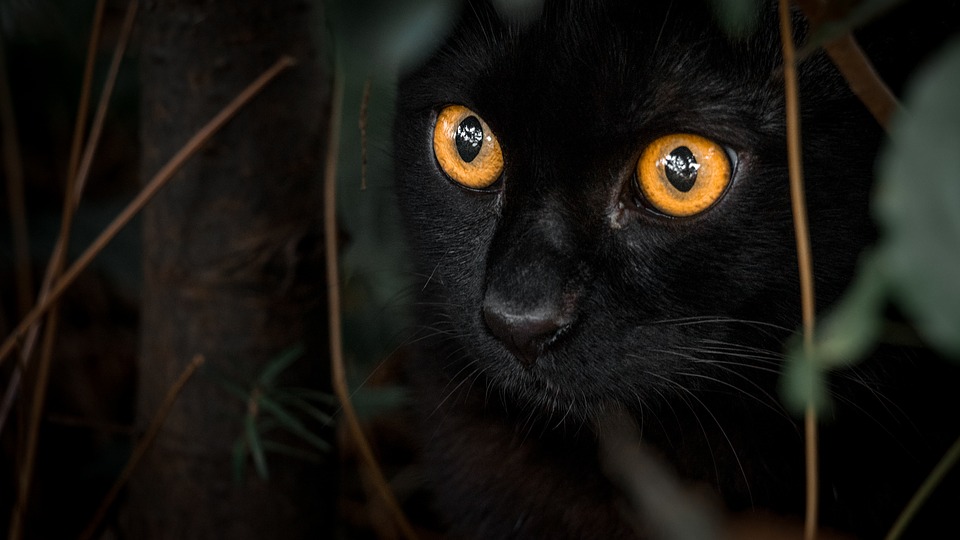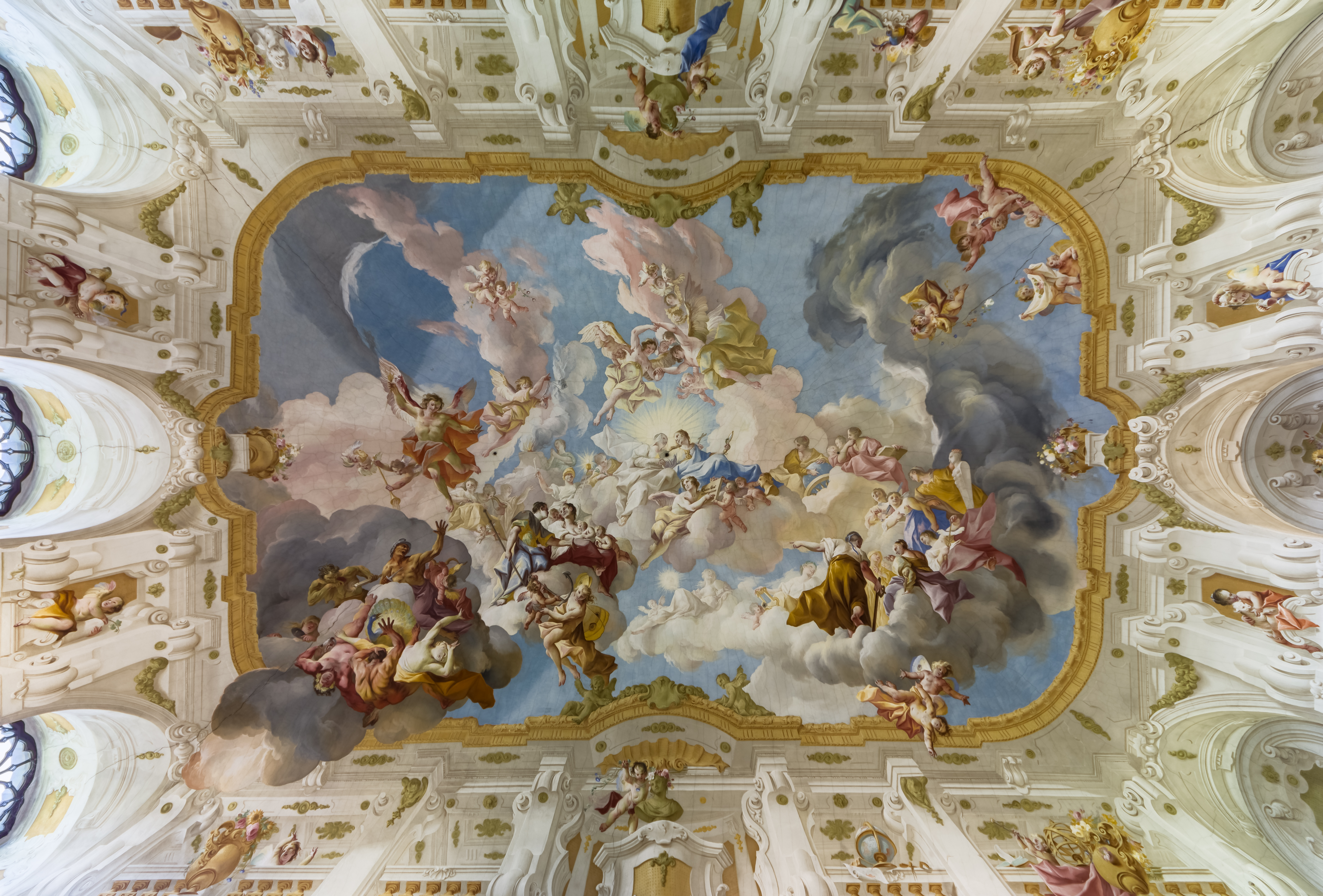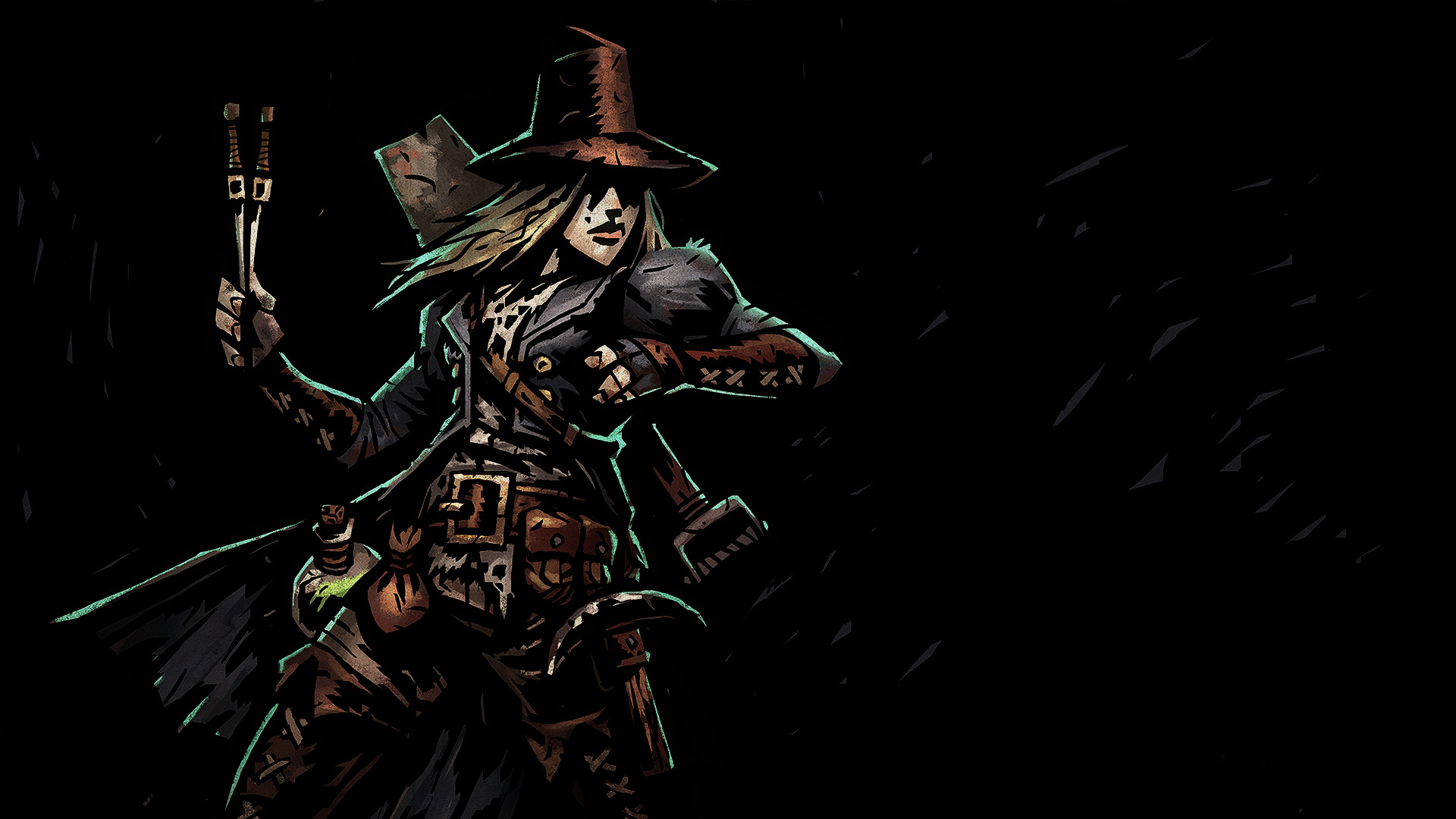In D&D, spells have names. This is based on some fiction and some legendary sources so it didn’t start with D&D. The notion of names having power is actually pretty old. The concept appears in ancient Egypt and Greece by various terms. By naming the spell, they describe its power.
Most of the spell names in D&D are relatively innocuous if descriptive of their effect. A Fireball spell creates a big ball of fire. Simple and easy. Then there are some spells that have little more story to them. They not only describe the effect, but carry the name of the wizard who created it.
This has been a part of D&D since the earliest days. It is evocative tells you something of the world. If you know that there is a Tenser’s Floating disk, then you know that Tenser is an important figure in the world your playing in. He made a spell that is important enough that you learned it without meeting him. You might have questions about this Tenser person? or Bigby? or Melf?
So, what do you do if your world has no Melf? No Bigby? Do you just leave them the same or do you change the names to reflect your world? This will depend on your world.
